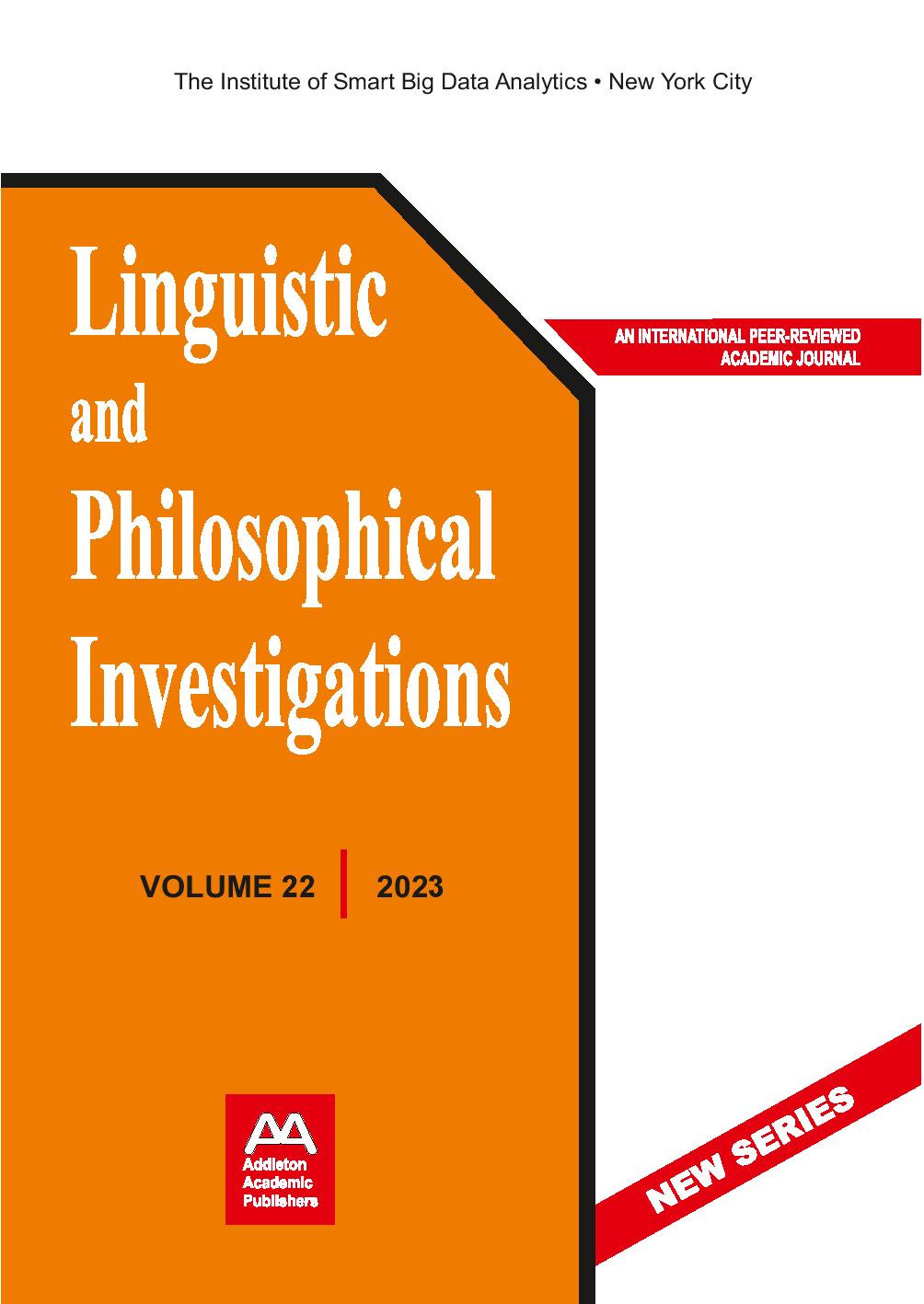Visual Perception and Environment Mapping Algorithms, Spatial Computing and Immersive 3D Technologies, and Movement and Behavior Tracking Tools in the Metaverse
Visual Perception and Environment Mapping Algorithms, Spatial Computing and Immersive 3D Technologies, and Movement and Behavior Tracking Tools in the Metaverse
Author(s): Elizabeth BlackburnSubject(s): Evaluation research, Management and complex organizations, ICT Information and Communications Technologies
Published by: Addleton Academic Publishers
Keywords: visual perception and environment mapping algorithms; spatial computing and immersive 3D technologies; movement and behavior tracking tools; metaverse;
Summary/Abstract: In this article, I cumulate previous research findings indicating that computer vision and deep learning algorithms, digital twinning and remote sensing technologies, and machine learning-based image recognition and decision support tools optimize immersive hyper-connected virtual spaces. I contribute to the literature on metaverse assets and services, data visualization and virtual navigation tools, and artificial intelligence-powered search capabilities by showing that movement and behavior tracking tools, data sharing and image-based object recognition technologies, and real-time visual analytics and immersive visualization systems are instrumental in extended reality environments. Throughout December 2022, I performed a quantitative literature review of the Web of Science, Scopus, and ProQuest databases, with search terms including “the metaverse” + “visual perception and environment mapping algorithms,” “spatial computing and immersive 3D technologies,” and “movement and behavior tracking tools.” As I inspected research published between 2022 and 2023, only 176 articles satisfied the eligibility criteria. By eliminating controversial findings, outcomes unsubstantiated by replication, too imprecise material, or having similar titles, I decided upon 35, generally empirical, sources. Data visualization tools: Dimensions (bibliometric mapping) and VOSviewer (layout algorithms). Reporting quality assessment tool: PRISMA. Methodological quality assessment tools include: AXIS, Dedoose, ROBIS, and SRDR.
Journal: Linguistic and Philosophical Investigations
- Issue Year: 2023
- Issue No: 22
- Page Range: 213-229
- Page Count: 17
- Language: English
- Content File-PDF

